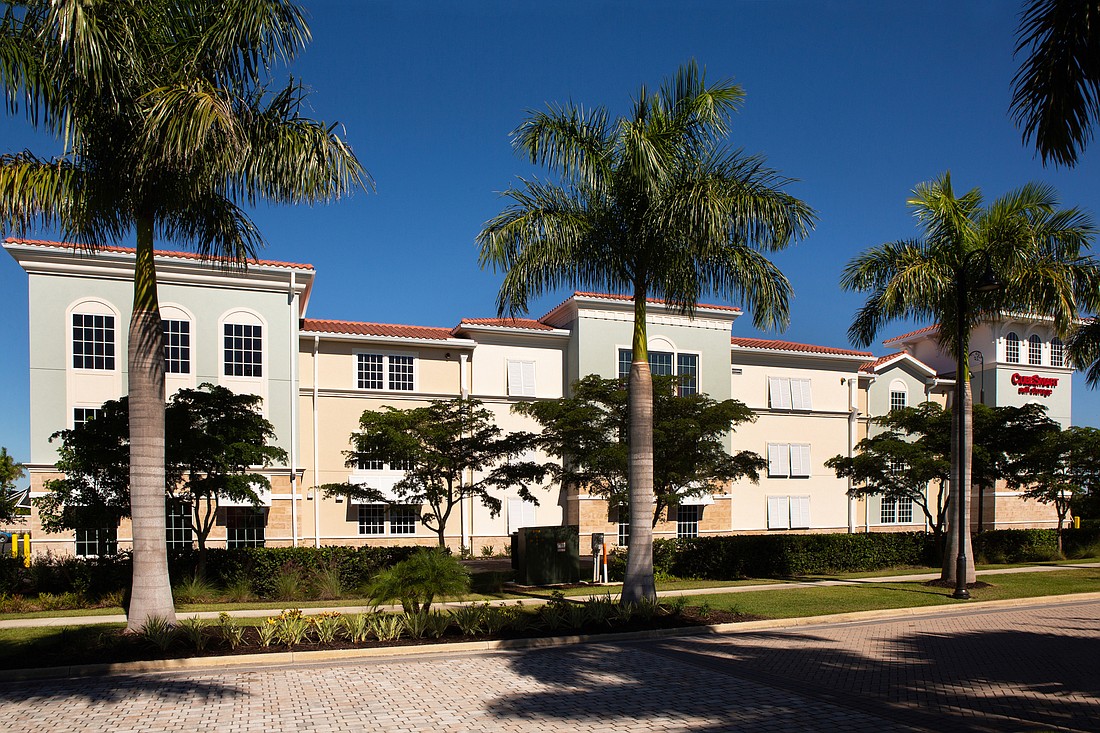- December 13, 2025
-
-
Loading

Loading

Seagate Development Group has built a brand in the Southwest Florida construction market by building corporate headquarters. The recent list includes a 150,000-square-foot complex for cancer screening firm NeoGenomics, a $60 million project in Fort Myers; a 52,000-square-foot facility for Conditioned Air of Naples; and a new, $11 million home in Fort Myers for logistics firm Scotlynn USA.
‘The next 10, 20 years in Southwest Florida have a really long runway. I wouldn’t trade our Southwest Florida business market for most any other area in the country.’ Matt Price, Seagate Development Group